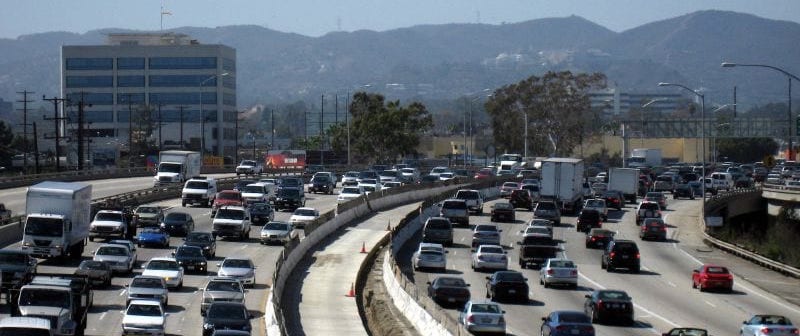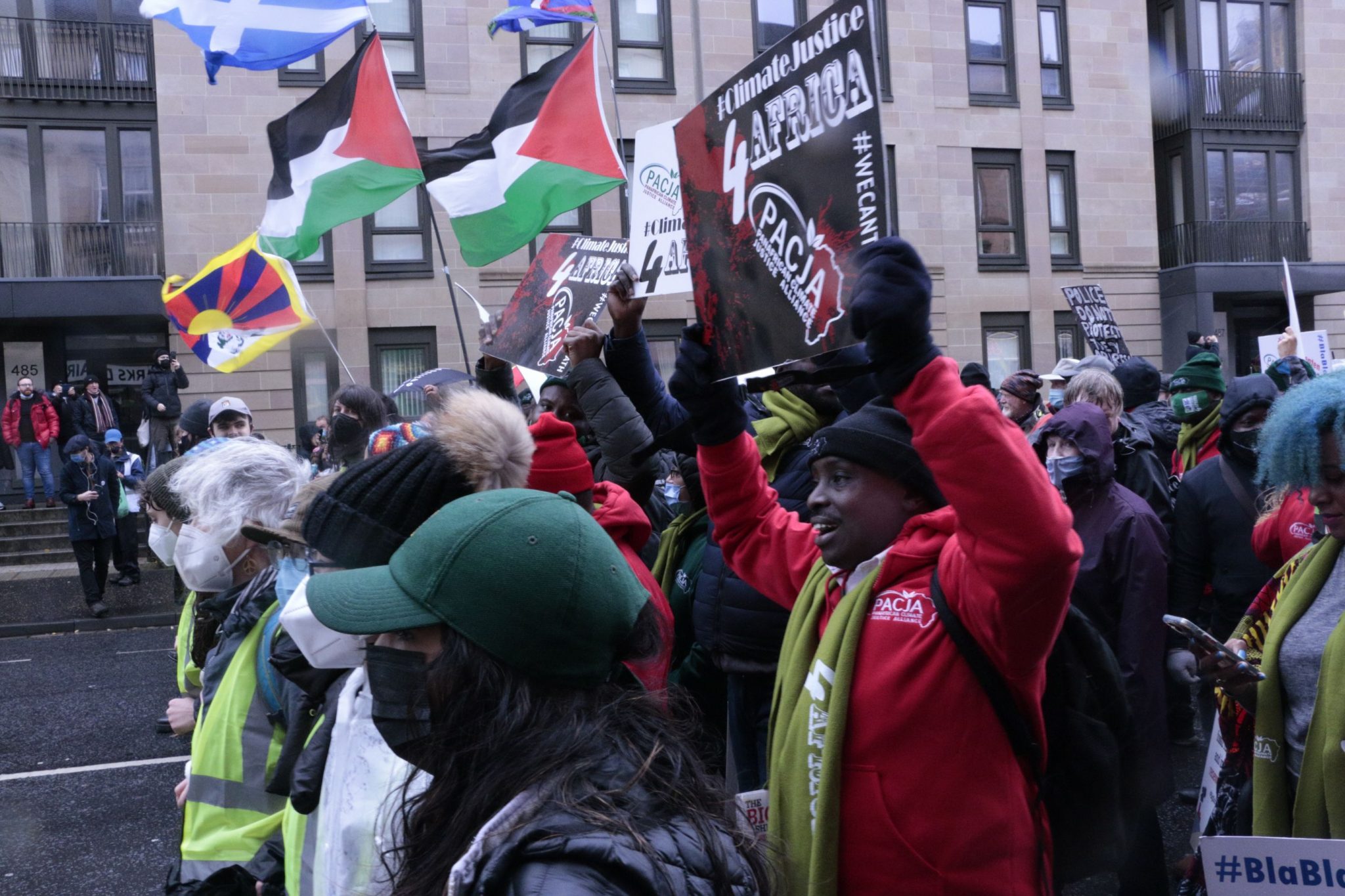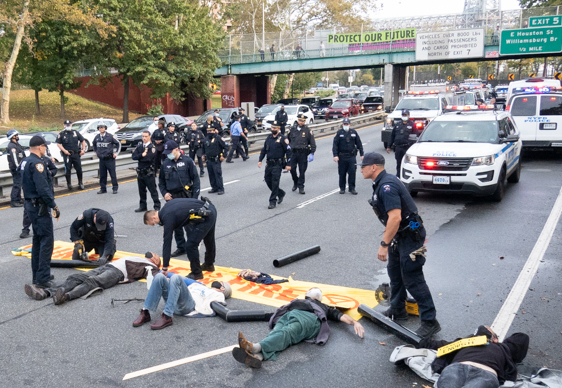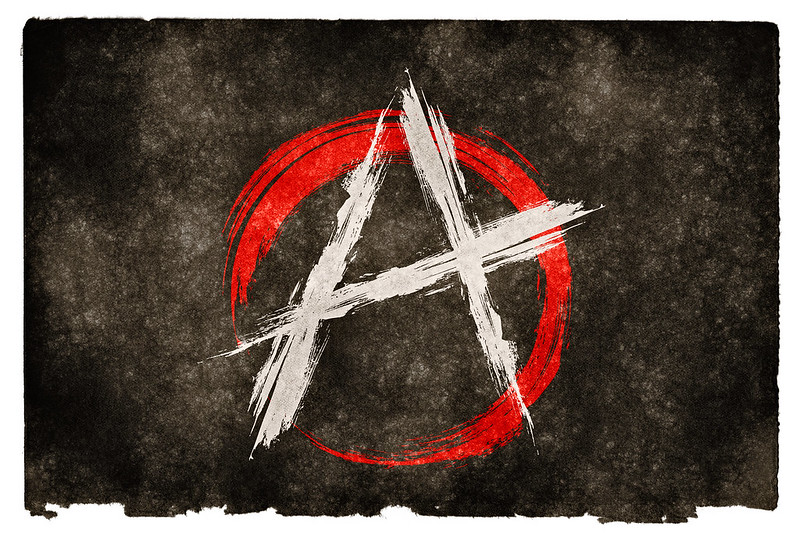
Podcast: against ‘normalcy’ II
In Episode 106 of the CounterVortex podcast, Bill Weinberg continues his rant against the ubiquitous propaganda that normalizes the oppressive and dystopian pre-pandemic normality—or, as it is now incorrectly rendered, “normalcy” (sic). The opportunity for a crash conversion from fossil fuels that was posed by 2020’s pandemic-induced economic paralysis is now being squandered. As fossil-fuel prices soar, the Biden administration is continuing a Trump-era policy to aggressively open public lands to coal mining, refusing to return to an Obama-era moratorium on new leases. US greenhouse gas emissions dramatically bounced back in 2021—one of the hottest years on record. The global mean sea level is rapidly rising, and will keep rising for centuries even if the Paris Agreement goals are met, as seems less likely each day. And all this as hospitals remain overwhelmed coast to coast, and the National Guard is being mobilized to keep them functioning. Listen on SoundCloud or via Patreon. (Photo: CounterVortex)










